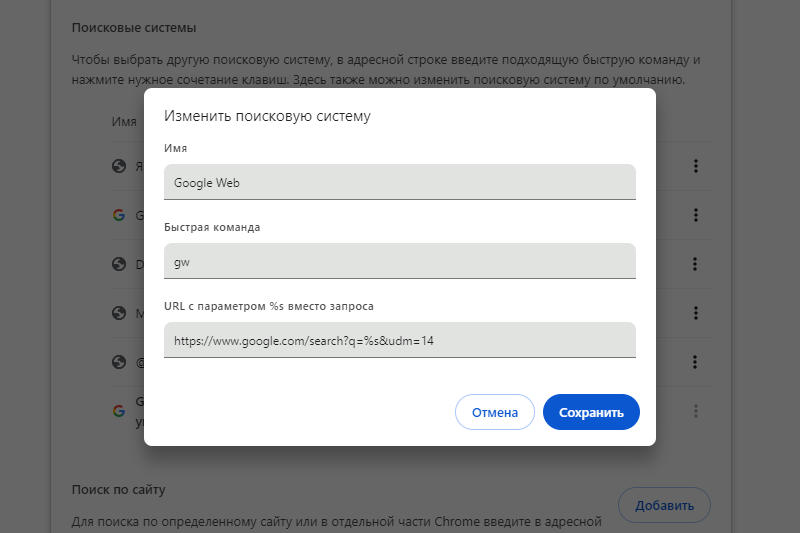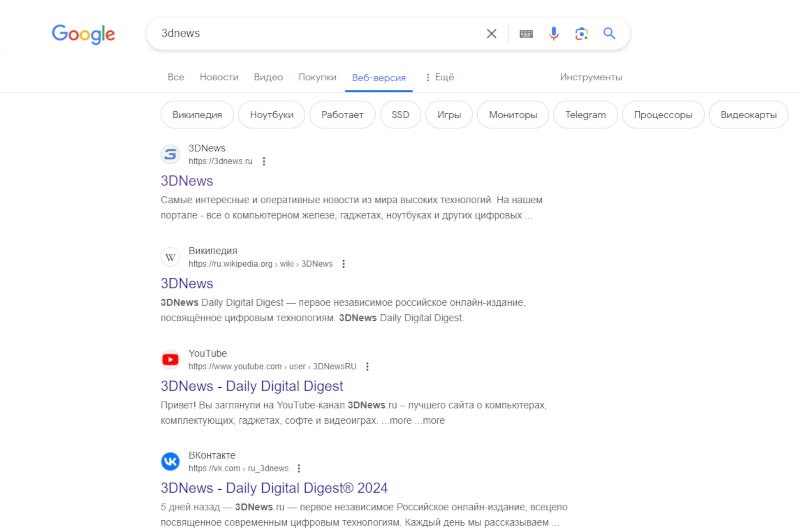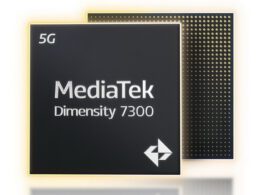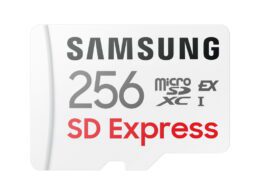Internet users resistant to artificial intelligence (AI)-generated Google search summaries now have an optional workaround: returning the search engine’s default page to traditional “ten blue links”, minus proffers of glue-eating and scissor-running, and without manually enabling the “Web version”.
Google introduced the alternative for a “clean” search results page last week. It offers a departure from the AI-led generated results, with the only inconvenience being the necessity to choose the “Web version” option each time in the dropdown submenu under the search field. In a recent revelation, it appears a default activation method can be found by examining a Google search URL with random search terms. Such addresses contain multiple parameters, with conventional “ten blue links” displayed by the “&udm=14″ command. Users can apply this when setting up their browser.
For those who begin searches directly from the browser’s address line, accessing search engine settings is required. Google Chrome and Mozilla Firefox settings are not vastly dissimilar, with derivative browsers setting in a similar way. In Chrome, a right-click in the address bar and selecting “Manage Search Engines and Site Search” will suffice. Firefox requires a little more engagement: inputting “about:config” in the address bar, pressing Enter, locating the section “browser.urlbar.update2.engineAliasRefresh” and clicking the plus sign icon to the right; then, moving to “Settings” and its “Search” subsection, scrolling to the “Search Engine Icons” block, and clicking “Add”.

There’s no option to edit the existing Google choice in either browser, so creating a new search system shortcut, named, for example, Google Web, will be necessary. Users should add “https://www.google.com/search?q=%s&udm=14” as the main address. The remaining central field, either “Shortcut” or “Short Name”, will be useful if the new search engine is not set as default. Hence, if the field contains “gw”, future searches will take the form “gw night out suggestions”.
If preferred, the address can be further amended with the “&tbs=li:1” parameter, prompting Google to match search terms exactly, without synonym substitution. Proxy sites such as udm14.com, where the search field directly accesses Google’s results with the “Web version” option enabled, could also be useful. However, users should be wary as such sites’ owners can technically intercept search requests.





